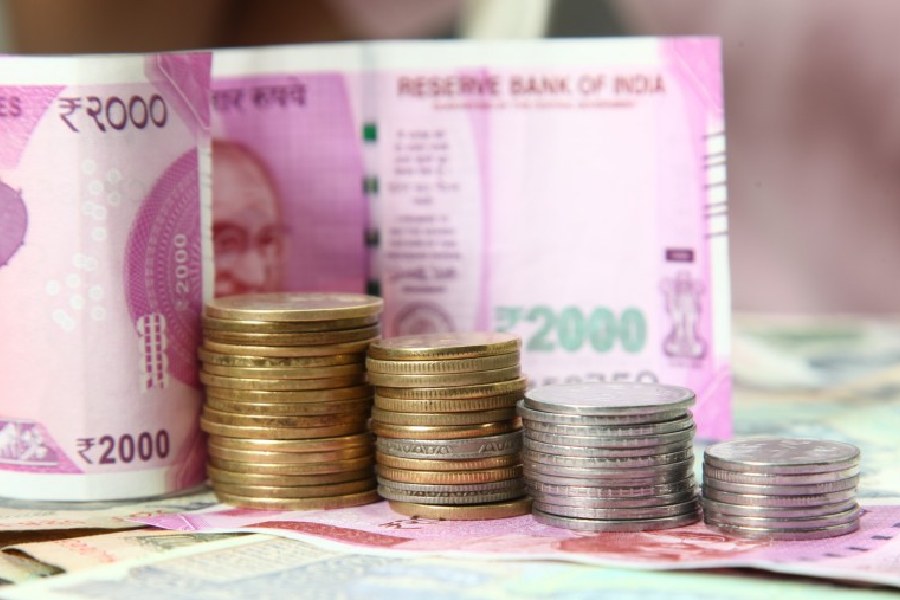 |
Last October, Pawan Kumar of Nalanda district, Bihar, left for Mumbai to appear for a railway recruitment exam. That was the last time his father, a poor farmer, saw his son alive. Kumar was allegedly beaten up and thrown on the tracks to die by the activists of the Maharashtra Navnirman Sena (MNS) at Mumbai’s Andheri railway station.
Hundreds of examinees like Kumar had to face violence in states like Maharashtra and Karnataka for one simple reason — they were outsiders whose presence was resented by the locals.
“We were treated like animals. My clothes were torn, and I left all my belongings in the school where I was supposed to appear for the exam and ran for my life,” says Brajesh Kumar Jha, a resident of Noorsarai in Nalanda district, who had gone to Kalyan, Maharashtra, to appear for an exam.
In the recent past even migrant workers who have been living in places like Mumbai and Nashik for decades have been persecuted by violent mobs affiliated to groups like the MNS or the Karnataka Rakshana Vedike (KRV).
Last month Rajya Sabha MP Mahendra Mohan took up cudgels against this militant regionalism by tabling a private members’ bill called “Prevention of Regionalism Bill, 2009” in the upper house of Parliament. Experts say that such a law will not only punish those who indulge in violence against outsiders but also provide relief to the victims. (As opposed to a legislative bill presented by a minister, a private members’ bill is presented by an MP irrespective of his party affiliation.)
“Article 19(e) of our Constitution gives the fundamental right to all citizens to reside and settle in any part of India. These attacks are a blatant violation of that right. If they go unpunished, it will have a demoralising effect on millions of migrants,” says Mahendra Mohan.
Of course, many cases are already pending against groups like the MNS and the KRV under existing laws. Some of the sections of the Indian Penal Code under which Raj Thackeray has been charged are 302 (murder), 120B (criminal conspiracy), 147 (rioting), 109 (abetment of an offence), 298 (deliberate intent to wound the religious feelings).
But experts say that a separate law to punish those who incite violence against migrants would help in dealing with these cases expeditiously. “Scores of cases have been filed against Thackeray in both Bihar and Jharkhand, but he doesn’t want to appear in the courts there. Rather than going round in circles with several sections of IPC, one specific law to try offenders would make it easy,” says Sudhir Kumar Pappu, a Jamshedpur-based lawyer, who is one of the petitioners against Thackeray.
Rakesh Kumar Singh, a Supreme Court advocate who has filed a public interest litigation (PIL) against the MNS, agrees. “Nothing can justify violence inspired by regional chauvinism and we desperately need such a law,” he says.
This is not the first time that a law has been passed or suggested with a view to protecting certain vulnerable sections of society. For instance, the Scheduled Caste and Scheduled Tribe (Prevention of Atrocities) Act was passed in 1989, while the Union government introduced the Communal Violence (Prevention, Control and Rehabilitation of Victims) Bill in 2005.
The Prevention of Regionalism Bill has some tough provisions, including life imprisonment for those found guilty of spreading regionalism. Section 7 says that any political party whose leaders or workers are prima facie accused of “spreading regionalism” shall be banned from holding any political office. It goes on to say that either the president or the head of that political party shall be liable to be prosecuted if the workers are found guilty.
“I am proposing strict punishment because it threatens the unity and integrity of our country,” says Mohan.
The Bill also proposes ex-gratia payment, free medical care and employment to victims who have lost their means of livelihood as a result of violence. “Most victims are from poor backgrounds. The migrants lose everything when they are uprooted and the onus is on the government to take care of them,” says Mohan.
However, the people who are most likely to be affected if this bill becomes a law are dismissive about its provisions. “Such laws when imposed without understanding the ground situation serve no purpose. We are not concerned about it,” says Ganesh, spokesperson for the KRV from Bangalore. “We will keep protesting whenever we feel that either our language or our culture is under threat or the jobs that we should be getting are being robbed by outsiders,” he adds.
Some do feel that a separate law to deal with regionalism is not required. “The Jharkhand High Court, for instance, saw merit in sections of the IPC applied against Thackeray. Only, these cases will take time to be resolved,” says Tapas Kumar Mitra, president, Jamshedpur Bar Association.
The real drawback of the Prevention of Regionalism Bill, however, is that it is a private members’ bill. The fact is that Parliament passes very few private bills. According to constitutional expert Subhash Kashyap, only 14 private members’ bills have been passed in India so far. But that is not to say that such bills are any less important, stresses Kashyap.
“If the bill raises an important issue, it will be discussed by the members. Sometimes private members’ bills compel the government to bring in its own bill in a more comprehensive form. In fact, many members withdraw their own bills when the government promises to bring in legislation on the same lines,” says Kashyap. For instance, a bill to abolish child labour was presented by a private member, but it was withdrawn and later the government passed the Child Labour (Prohibition and Regulation) Act, 1986.
Mohan, for one, is optimistic about the fate of his bill. “Once the bill is discussed in Parliament, people will see its merit. I am sure many people will support this bill and it will be made into a law,” he says.










